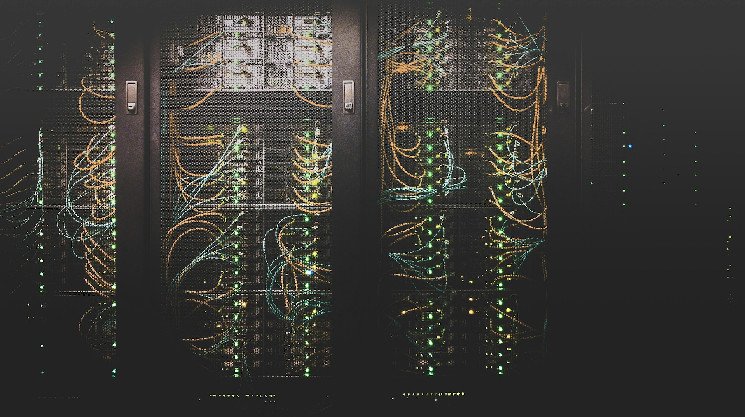The recent collaboration between bitcoin mining company Core Scientific and cloud computing firm CoreWeave marked the official intersection between artificial intelligence (AI) and Bitcoin industries. As bitcoin mining becomes less profitable, providing infrastructure for AI companies can bridge the gap. However, not everyone is excited about AI due to concerns about bias, privacy, and energy consumption.
AI is projected to consume a significant amount of energy to power data centers, with estimates suggesting it could account for 20% of data center energy demand by 2028. Despite the potential energy implications, there is less discussion about AI’s energy use compared to Bitcoin, which has been scrutinized for its significant energy consumption. The influx of investment capital into AI, driven by companies like Nvidia, Google, Microsoft, Amazon, and Meta, has led to less criticism of AI’s energy use.
While AI poses risks such as replacing human creativity and potentially becoming sentient, the worst-case scenarios for Bitcoin are less drastic, involving financial losses or disrupting traditional financial systems. The everyday utility of AI, such as creating art and generating memes, mitigates concerns about its energy consumption among the general population, unlike the value proposition of Bitcoin, which may not be as immediately apparent to the average person.
The contrast between AI and Bitcoin extends to the public perception of their energy consumption, with AI being viewed as more essential for everyday life, whereas Bitcoin’s value proposition is more abstract. Despite some individuals raising alarms about AI’s energy use, the lack of widespread discussion on this topic can be attributed to the differing nature of AI and Bitcoin. As both industries continue to evolve, it remains to be seen how concerns about energy consumption will impact their development.

